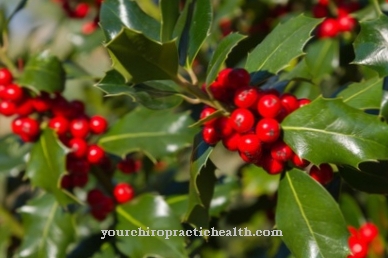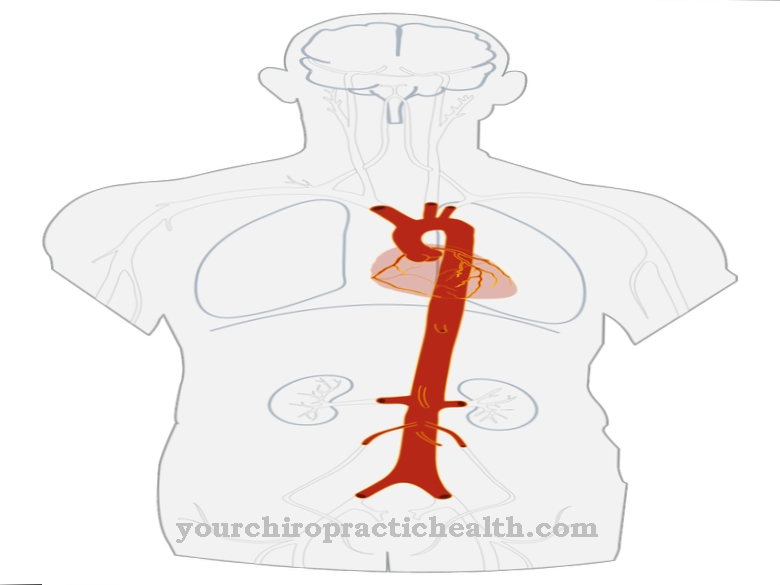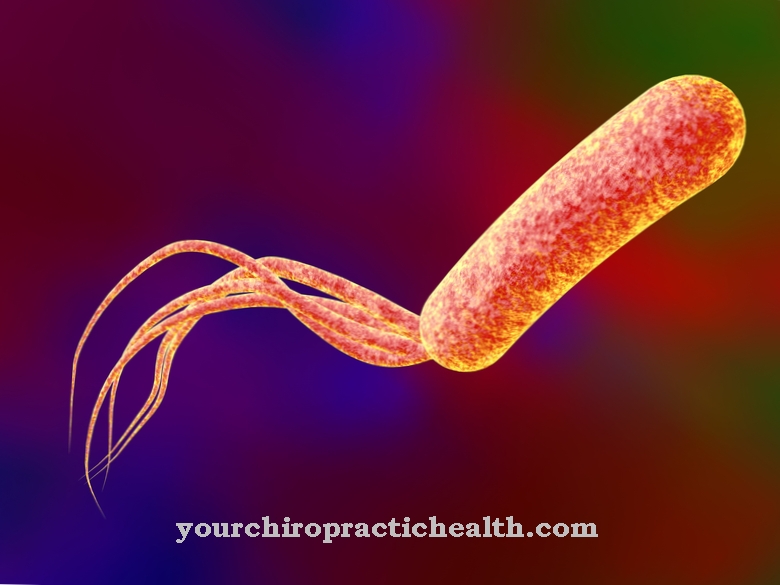Nature has plants with medicinal properties in store for many ailments. These medicinal plants have been with people for thousands of years and can still be an effective and gentle alternative for diseases today. Many of these plants are native to our nature or, under certain conditions, also grow here. So why not one own medicinal plant garden invest and thus be able to use the healing powers of nature at any time? There are many different ways to use the plants for your own health. Tea, spices, pestos and plant extracts are easy to make even for newcomers to this field.
Plants in a medicinal herb garden
If you want to create your own medicinal plant garden, you must of course make a selection and decide which plants should grow in this garden. There are many indigenous plants and, under certain conditions, plants from other climatic zones.
Plants provide a good basis for the garden, some of which are often viewed as "non-herbs", but are among the most medicinal herbs of all. These include nettle, dandelion, ribwort, lungwort and common vine. These plants are widespread and very hardy. However, they have different demands on the location.
The nettle contains many important minerals and has a strong detoxifying effect. It supports the kidneys and should not be missing from any spring cure. The dandelion belongs to the bitter plants. Liver and bile in particular benefit from its bitter substances, and it is the ultimate detox plant. The ribwort also contains important minerals and is known for its phlegm-releasing effect. Lungwort and Gundelrebe are less well known, but with a little attention can be found in many places in nature.
In addition, the classic herbs such as parsley, chives, lemon balm, rosemary, lavender and peppermint can be found in every medicinal plant garden. They are not only tasty herbs but have also found their way into the kitchen because they also have a medicinal effect.
In addition, it is also a good idea to create a place for wormwood, wild garlic and onions in your own medicinal herb garden, because all these plants have a particularly strong effect on the organs that play an important role in the body's own detoxification.
Cultivation & care
The medicinal plants have different requirements for their locations. It therefore makes sense to set up different areas. These depend on the respective conditions, i.e. above all on the nature of the soil and the amount of sunlight. Some herbs need a lot of sun and a rather poor, well-drained soil. This mainly applies to the typical Mediterranean herbs such as rosemary, lavender, or oregano. If the soil in the garden does not have these requirements, a special area can be set up with the help of sand and gravel. Larger stones can serve as a boundary or form the basis for a herbal spiral. The stones not only protect, but also store heat, which is very important for the sun- and heat-loving plants from the Mediterranean region.
In addition to rosemary, lavender and oregano, lemon balm and peppermint also feel at home here. Wormwood also comes from the Mediterranean and therefore needs a well-drained soil and a sunny, warm location. For proper care, it is important to avoid waterlogging, but still not forget to water in hot summers.
The native medicinal plants have less stringent requirements and do not require any care. The so-called "weeds" in particular are characterized by the fact that they can thrive under harsh conditions. Humus-rich, nitrogen-rich soil allows these important medicinal plants to sprout. They grow in both sunny and shady locations and are very adaptable. A compacted, wet soil in which the waterlogging collects is well suited for the cultivation of plantain. Gundelrebe and lungwort also feel at home here.
You can find your medication here
➔ Medicines for stomach ailments and painUse for illnesses and complaints
The indigenous medicinal plants such as dandelion, nettle and common vine are particularly beneficial for the detoxification organs. With its bitter substances, the dandelion strongly stimulates the liver-gallbladder system. The nettle has a diuretic effect and helps flush the kidneys. Since a good detoxification function of the organs is important for keeping the body healthy, these two plants can be used on a cure basis. They are prophylactically strengthening and can support the body with almost any kind of illness. The nettle also contains a lot of iron and other important minerals. It is therefore a good remedy for iron deficiency.
In the case of complaints in the stomach and intestines, wormwood and peppermint can also be used in addition to dandelion.
Lavender and lemon balm mainly affect the nervous system. They can be used for complaints such as insomnia, nervous restlessness and fears. In addition, lemon balm is said to have a positive effect on shingles.
The plantain species, pointed and broad-leaved plantain, the lungwort with its blue flowers and also the common vine are the expectorants among the native medicinal plants. A syrup or tea made from these plants is great for coughing and bronchitis. Rosemary, which has a cleansing and protective effect, has also proven itself for colds.
In addition to their medicinal effect, many of the medicinal plants also have a high content of important minerals and vitamins and can therefore also serve as a preventive measure for health in the context of a healthy diet.

















.jpg)



.jpg)

.jpg)




